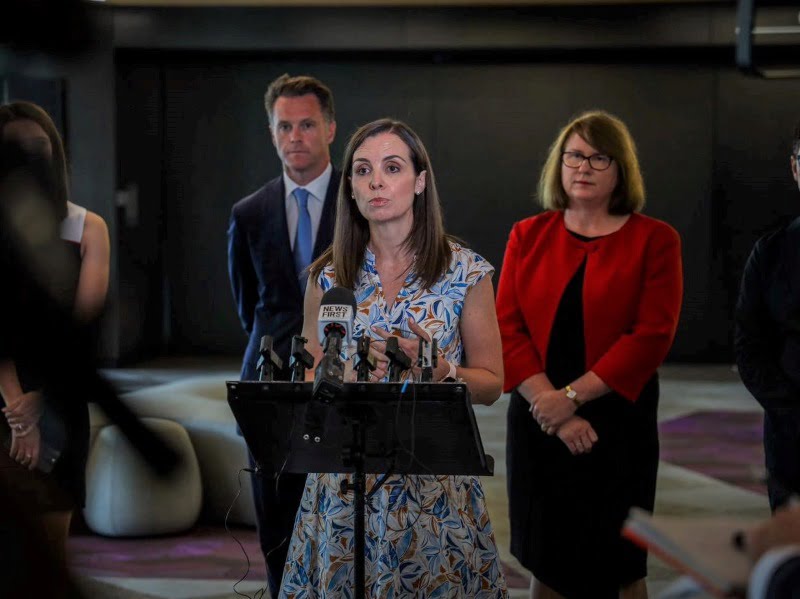The purchasing decisions of the former New South Wales government and their impact on the state’s manufacturing sector will be front and centre of a new parliamentary inquiry into procurement.
The Standing Committee on Social Issues launched the inquiry following a referral from Finance minister Courtney Houssos, who now doubles as the Minister for Domestic Manufacturing and Government Procurement.
Ms Houssos, who was given the new task of identifying opportunities to redirect government spending towards local procurement opportunities last month, raised concerns about the demise of local manufacturing and local content.

The concerns relate to the billions in procurement dollars that were spent on interstate and overseas business, including the South Korean-made intercity fleet that was at the centre of a dispute between the state government and the transport union last year.
“The former Liberal-National government decimated the state’s manufacturing industry over more than a decade by sending major projects and the jobs they support overseas,” she said in a statement.
The new Minns government has promised to revive domestic manufacturing, particularly for rolling stock for trains, by setting local content targets and increasing tender weighting to back local players.
Ahead of the election earlier this year, the government said that manufacturing trains in NSW instead of overseas would create at least a thousand long-term jobs during the design and build phases.
It has set a target of 50 per cent minimum local content for future rolling stock contracts by the end of its first term in office, a policy that both the Queensland and Victorian governments have also adopted.
According to the terms of reference for the new inquiry, the committee – led by Labor MLC Sarah Kaine – will investigate the procurement practices of government agencies and the impact they have on NSW.
Policies, schemes and contracts across all categories of procurement will be considered as part of the inquiry, as will the effectiveness of whole-of-government arrangements and the volume of contracts undertaken outside of these arrangements.
The evaluation criteria used to come to a decision on the $37 billion spent on goods and services each year will also be considered, including the weightings assigned to local content, value for money and innovation, as well as social, economic and environmental outcomes.
The ability of government officials to “assess suppliers and ensure they, and their subcontractors deliver value for money and comply with relevant policies and regulation” is also set to come under the spotlight.
Ms Houssos said that while it will “take time to rebuild the sector after the previous government’s failures”, the inquiry will help to “direct critical [procurement] reforms” and create new jobs across the state.
“We are committed to leveraging the power of government procurement to promote local jobs and foster our local manufacturing industry. “We are committed to creating good, well paid and secure jobs right across the state,” she said.
The committee will take submissions until January 19, 2024 and is expected to hand down its findings by July 2024.
Do you know more? Contact James Riley via Email.

